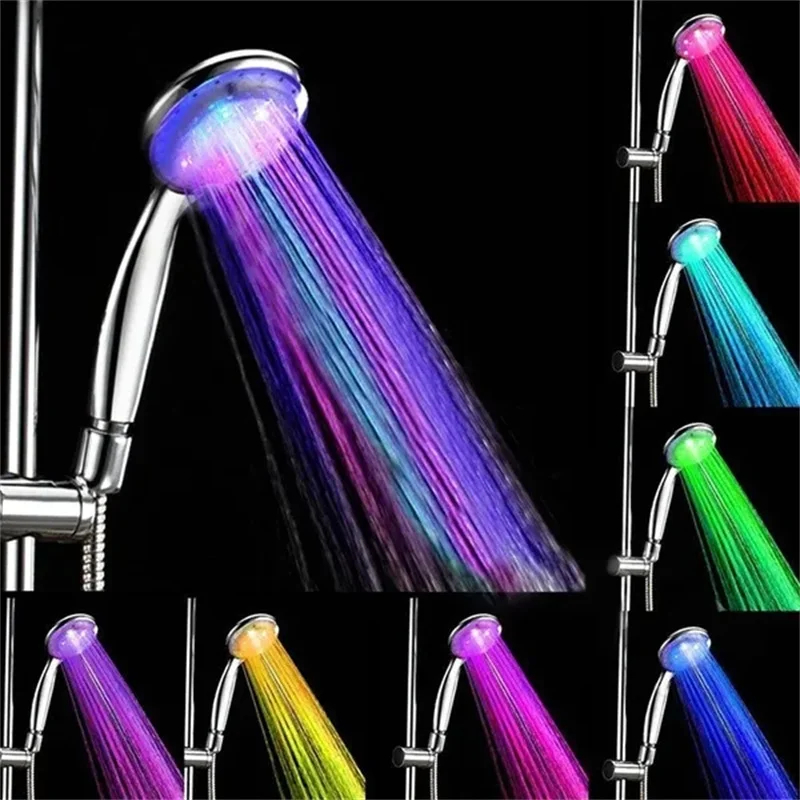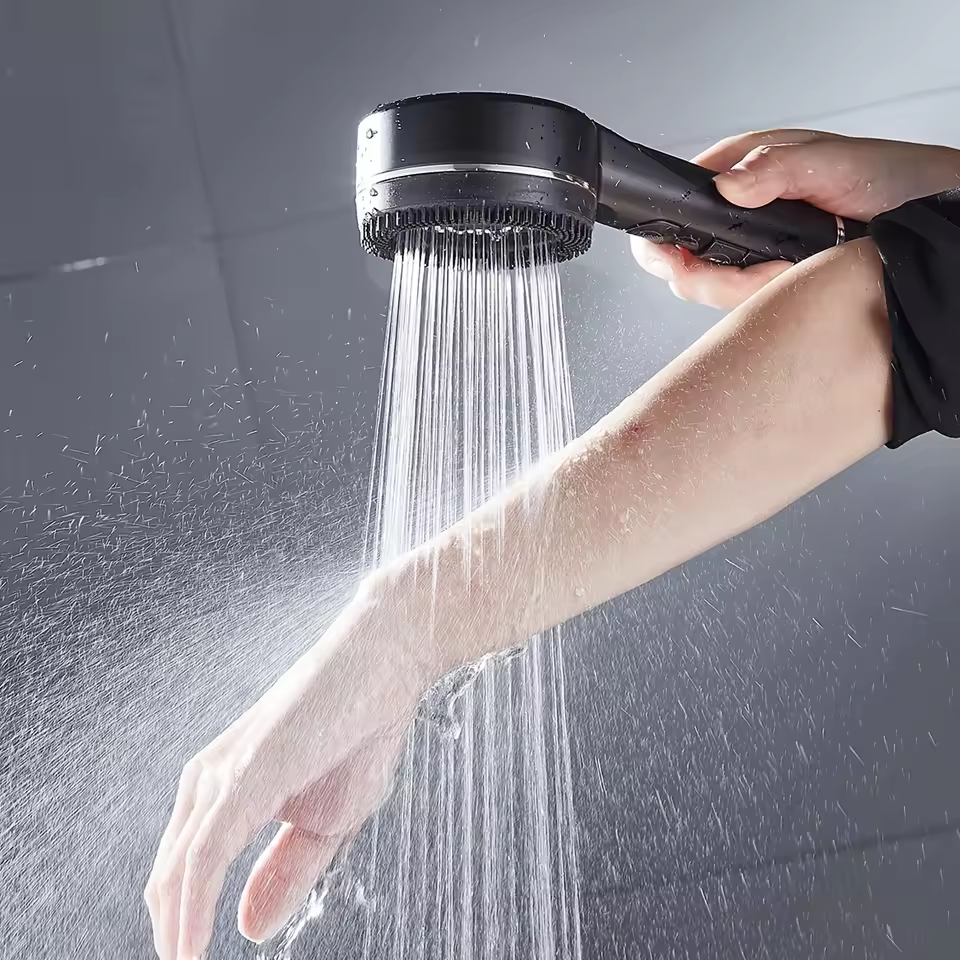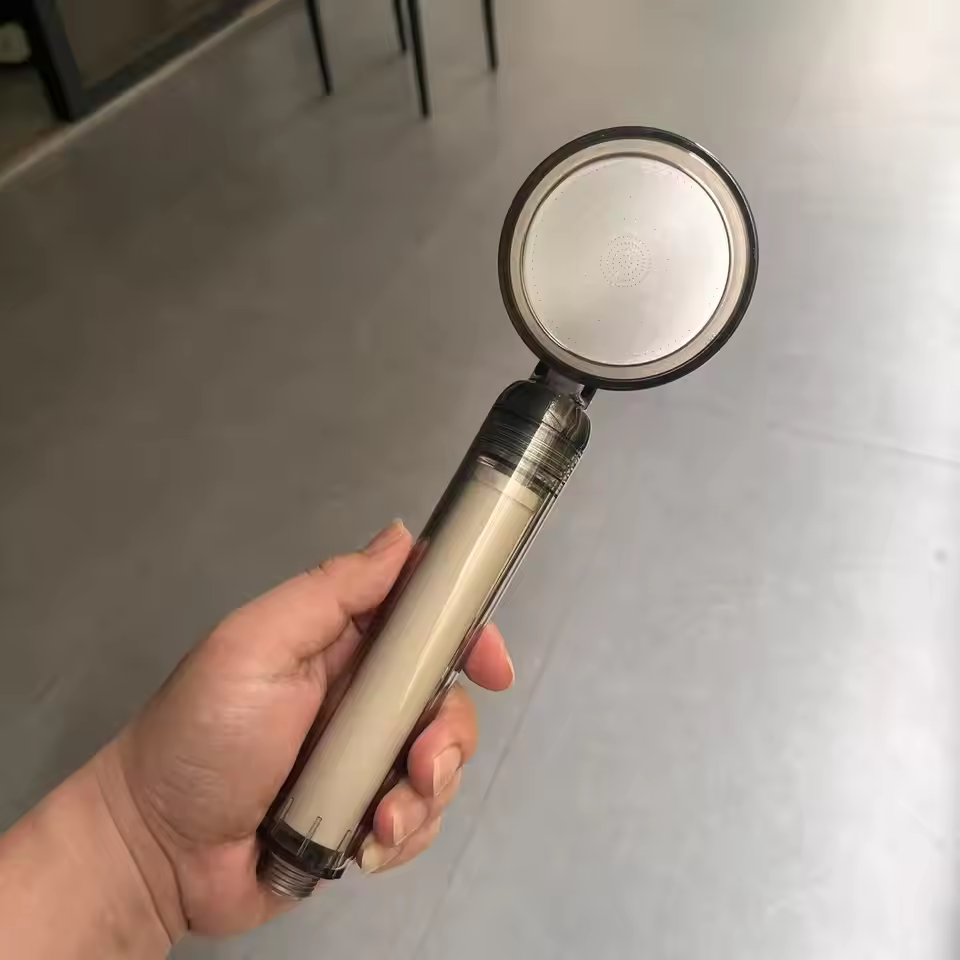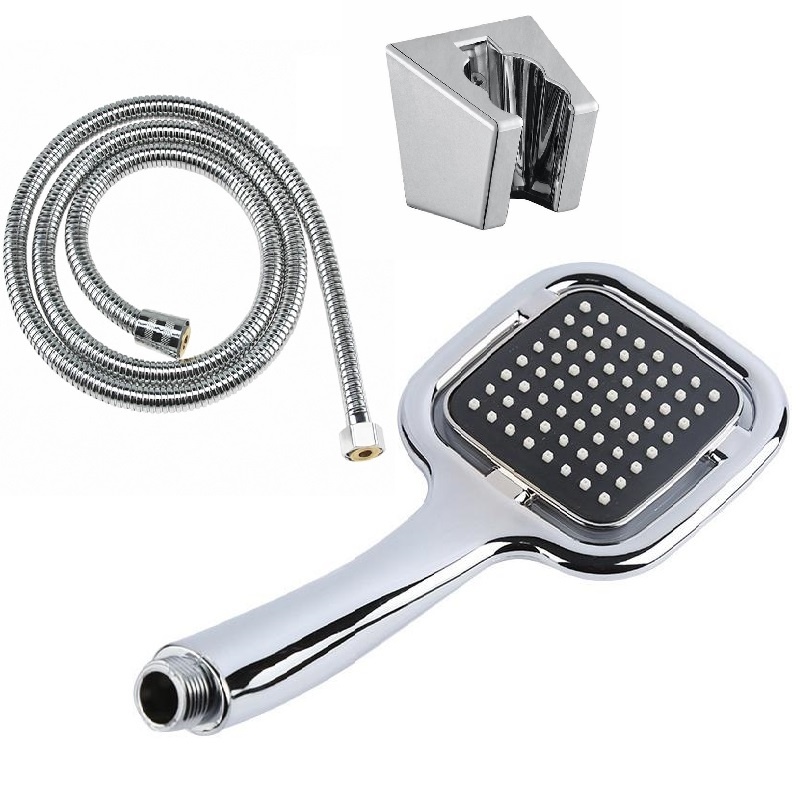Introduction to Efficient Shower Heating
Starting your day or unwinding in the evening with a hot shower is a daily ritual for many. Yet when you’re greeted with lukewarm water, it can be more than a little frustrating. Efficient shower heating doesn’t just offer comfort, it can also save you time and cut down on your energy bills. This post will outline ways on how to make shower water hotter, swiftly and safely.
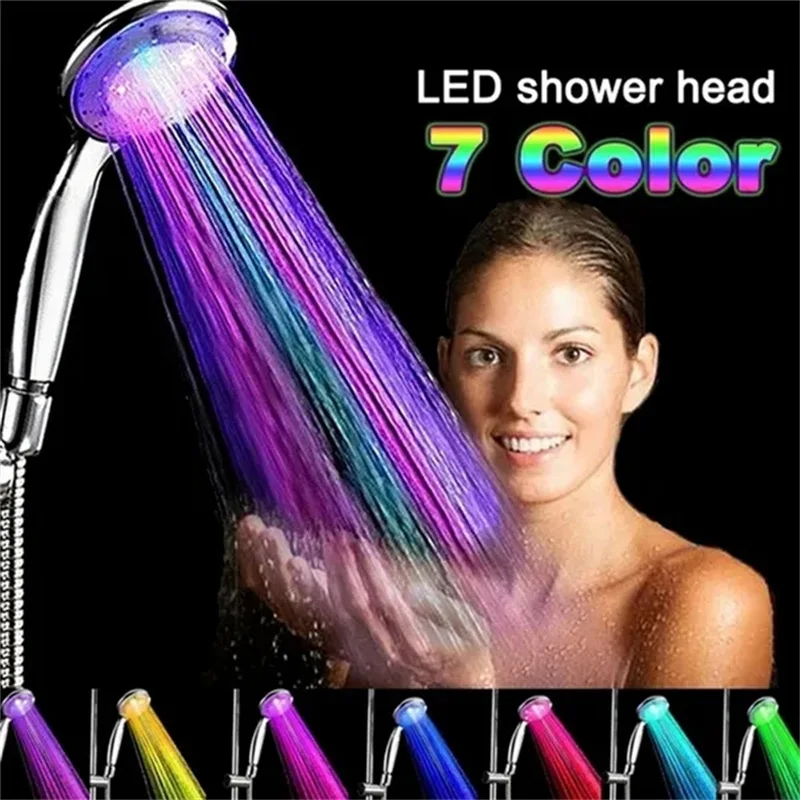
Ensuring your shower water heats up quickly involves a few steps. First, address water heater settings—often the crux of the problem. Beyond that, maintaining your water heater, investigating water pressure issues, and rectifying common heating obstacles can all contribute. For persistent troubles, professional insight may be necessary.
By the end of this guide, you’ll be equipped with actionable advice to help you achieve that steaming hot shower you long for. You’ll understand your water heater’s role, get to grips with maintenance must-dos, and know which signs to watch for signaling pressure or plumbing problems. Let’s turn up the heat and make those cold showers a thing of the past.
Checking and Adjusting Your Water Heater Settings
When your shower is more chilly than cheering, the first stop is your water heater. Many don’t realize that water heaters come with adjustable settings. Here’s what to do:
- Find the Thermostat: Your water heater has a thermostat. Look for a knob or digital panel.
- Check the Current Temperature: Often, heaters are preset to 140 degrees Fahrenheit. Is yours lower?
- Make Adjustments: If it’s too cool, turn up the heat. But stay safe – avoid going too high.
- Test the Water: After adjustments, run the shower to check the change.
Be mindful, high temperatures can be dangerous. They risk scalds and hike up energy bills. If you’re unsure about the best setting or how to adjust it, consult a professional. They can make sure you’re set just right for that toasty shower without the dangers.
Importance of Regular Water Heater Maintenance
Regular water heater upkeep is crucial for a reliable hot shower. Diligent maintenance can prevent many common problems before they arise, ensuring your morning routine stays uninterrupted. Here’s what to prioritize for keeping your water heater in prime condition:
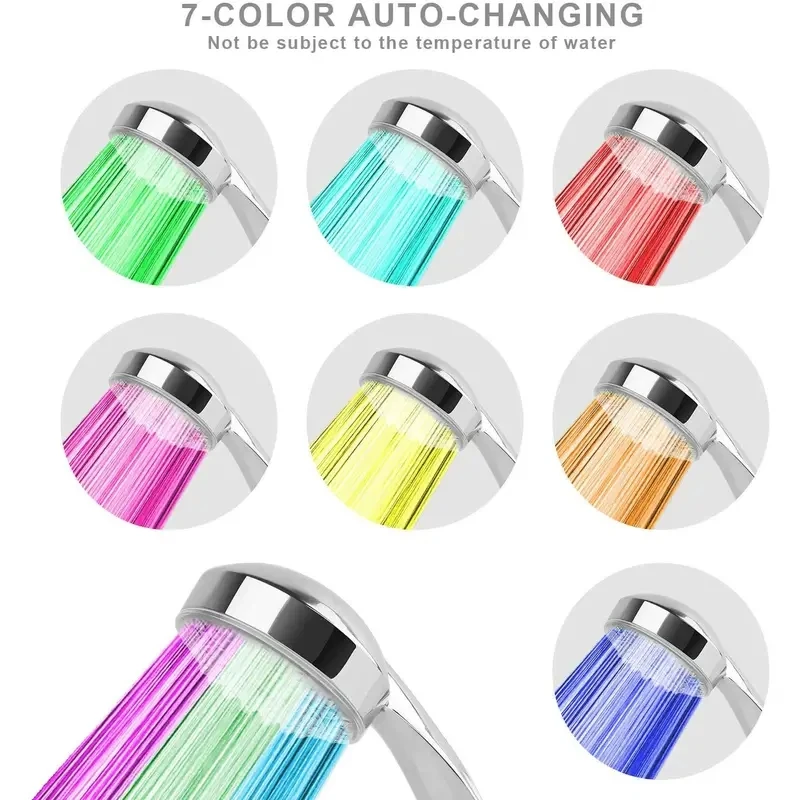
- Drain the tank: At least once a year, flush out sediment that accumulates and hampers performance.
- Test the pressure relief valve: This safeguard prevents the tank from excess pressure. Replace if faulty.
- Insulate the pipes: Pipe insulation can reduce heat loss as water travels to your shower.
- Check the anode rod: This rod fights corrosion. When it wears out, replace it to prolong tank life.
- Schedule annual inspections: Have a professional check your unit. They can spot and fix issues early.
Sticking to a maintenance schedule can make your water heater last longer. It can also help maintain consistent water temperature. By avoiding the build-up of minerals and early wear and tear, your heater stays efficient. This efficient operation not only helps in how to make shower water hotter but can also save on your energy bill. Remember, when in doubt, call a plumber for expert advice and service.
Diagnosing Low Water Pressure Issues
When a hot shower turns tepid, low water pressure could be the culprit. Identifying pressure problems is vital for a good fix. Here are steps to diagnose and address low water pressure issues efficiently:
- Check Showerhead for Clogs: Mineral deposits can block nozzles. Clean or replace the showerhead if needed.
- Examine Pipes for Leaks: Small leaks can cause huge pressure drops. Inspect pipes visually or call a plumber if unsure.
- Assess the Water Supply: Problems upstream can affect your shower. Confirm with neighbors or the utility if they’re experiencing similar issues.
- Measure the Pressure: Use a pressure gauge to determine if water pressure is within normal range.
- Consider the Heater’s Location: The distance from the heater to shower affects pressure. Closer is often better.
If these steps don’t unveil the problem, or you’re not confident fixing it yourself, seek professional help. Plumbers have the tools and the know-how to restore your shower’s heat and pressure.
Inspecting Common Water Heating Problems in Your Home
Identifying frequent issues with home water heating is key to fixing them effectively. Many common water heating problems often stem from these visible and hidden factors:
- Sediment Buildup: Over time, water heaters can collect sediment which affects heating efficiency. Draining the tank annually prevents this.
- Worn Out Thermostat: If your water isn’t heating properly, the thermostat could be faulty. Replacing or repairing it can restore proper function.
- Malfunctioning Heating Element: Electric water heaters have heating elements that can burn out. Check and replace them if necessary.
- Corroded Tank: Corrosion can cause leaks and inefficiency. Inspecting and replacing the anode rod helps prevent corrosion.
- Improper Settings: Sometimes the issue is just incorrect temperature settings. Verify and adjust your heater’s thermostat settings.
- Blocked Pipes or Vents: Clogged vents or water lines can affect performance. Ensure they are clear to facilitate proper flow and heating.
Tools for Inspection: For most homeowners, a basic toolkit, a manual for your specific heater model, and online tutorial videos could suffice for minor troubleshooting. However, major problems might require professional evaluation.
Regular surveillance of these areas ensures your system operates optimally, giving you the hot shower you anticipate after a long day. For persistently troubling issues, consulting with a professional plumber might be necessary. Their expertise can pinpoint and remedy problems that aren’t easily detectable by the average homeowner.
Professional Solutions for Persistent Water Heating Issues
When home remedies fail to raise your shower’s temperature, it’s time to seek professional assistance. Experts in plumbing and heating can offer solutions that go beyond quick fixes. Here are reasons to consider professional help:
- Expertise: Plumbers have the training and experience necessary to diagnose and repair complex issues correctly.
- Efficiency: They provide quick solutions, minimizing the time you have to deal with cold showers.
- Safety: Professionals know how to handle water heating systems without causing danger to you or your household.
- Guarantees: Work done by professionals often comes with warranties or guarantees, offering you peace of mind.
- Up-to-date Solutions: Skilled plumbers are current with the latest advancements in water heating technology.
Should you lack the know-how on how to make shower water hotter or if your efforts haven’t paid off, don’t hesitate to call a plumber. Before they arrive, compile information about your water heating issues. Note any discrepancies in water temperature across different fixtures, and provide a maintenance history of your water heater. This data will help the plumber assess the situation accurately.
The plumber may suggest various solutions, such as repairing a malfunctioning water heater element, replacing a worn-out unit, or upgrading to a more efficient system. If low water pressure is identified as a problem, they might advise clearing clogged pipes or optimizing the plumbing network to improve flow. Learn which professional services are available in your location, and choose a reputable provider for the best outcome.
When all is said and done, gaining professional insight can be invaluable in achieving the hot, comforting showers you desire. Furthermore, by resolving persistent issues with professional help, you will likely prevent future complications, ensuring a more energy-efficient and cost-effective system in the long run.
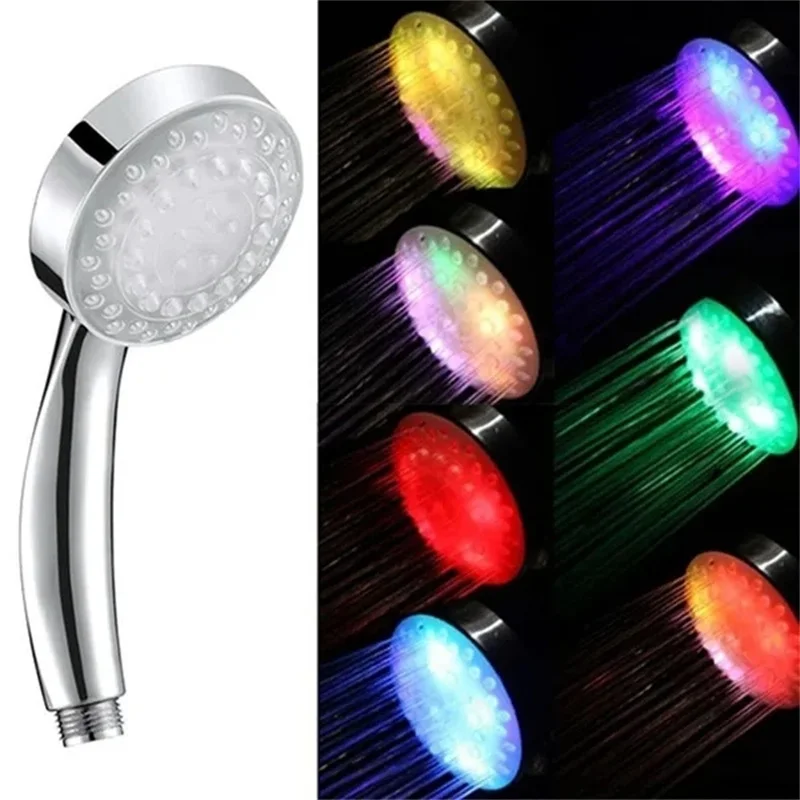
Tips for Immediate Improvement in Water Heating
Seeking warmer shower waters? Here are immediate tips to turn up the heat quickly:
- Turn Up the Thermostat: If safe, increase your water heater’s temperature.
- Insulate Pipes: Wrap them to prevent heat loss on the way to your shower.
- Clear Showerhead: Remove mineral buildup that could be blocking hot water flow.
- Check for Leaks: A quick visual inspection of pipes can save you from heat loss.
- Run the Water: Sometimes, letting the water run for a bit can result in hotter showers.
- Consult the Manual: Double-check the heater’s manual for quick fixes and settings.
These steps are easy and can often make a noticeable difference. If issues persist, remember to consult with a professional plumber. They can address deeper problems requiring expertise. With these tips and regular maintenance, enjoying steamy showers will soon be an everyday luxury.
Conclusion: Enjoying a Hotter Shower
After exploring various solutions on how to make shower water hotter, you now have the knowledge to tackle this issue head-on. Adjust your water heater settings, maintain your heater regularly, and diagnose water pressure issues to ensure a more welcoming, warm shower experience. Remember that sediment buildup and malfunctions can also play a role. For advanced troubles, seeking a professional’s aid is wise.
To recap swiftly:
- Check and adjust your water heater settings.
- Engage in routine maintenance of your water heater.
- Diagnose and address low water pressure.
- Inspect for common water heating problems in your home.
- Consult with professionals for persistent issues.
By following these tips and making simple adjustments, you’re likely to see an immediate impact. Your mornings or evenings can now be complemented with the comfort of hotter water. For those occasional hitches that go beyond basic tweaks, remember that expert plumbers are just a call away. They ensure that your shower temperature hits just the right note of warmth.
Embrace these steps for a reliably hot shower. They boost your daily comfort and contribute to an efficient, cost-effective water heating system in your home. Happy showering!
